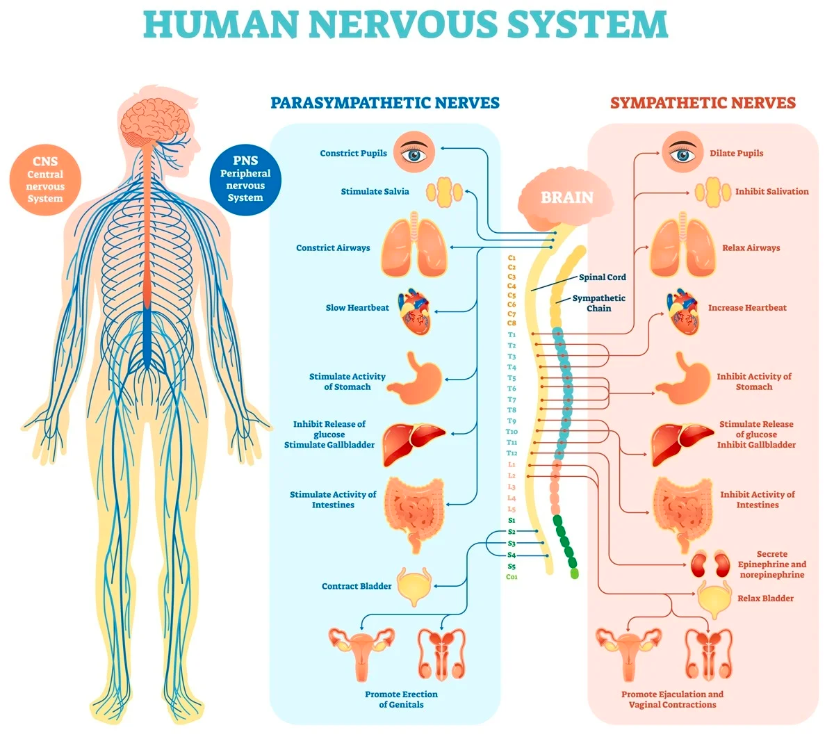4 Sugar Myths to Unlearn
April 27, 2021
Every day we are exposed to an increasingly large amount of information (and misinformation) about sugar through social media, fitness blogs, and documentaries. It has become a feared substance to the point where people are eliminating FRUIT just to avoid going over their sugar limit! Despite the abundance of conflicting information and confusion surrounding sugar, I have found two truths:
1. Sugar tastes amazing.
2. We don’t need to fear it.
But isn’t sugar bad for you?
While excess sugar (more than 25 grams per day) can lead to health complications like dysbiosis (imbalance of bacteria in the gut), chronic inflammation, or diabetes, it is not something we need to restrict. If we can consume sugar mindfully and pay attention to how our body feels when we eat it, we reduce our chances of going overboard. Before starting your journey to eating sugar intuitively, get to know these 5 sugar myths.
‘All Sugar is Bad Sugar’
No sugar is “bad” sugar, and there are no such things as “good” and “bad” foods—only foods that contain more nutrients than others. Back to the fruit situation. Our bodies technically process the sugar in fruit and the sugar in cake the same way. The only difference is the fiber in fruit slows down the absorption of sugar into our bloodstream, minimizing the spike and drop in blood sugar.
So if you’re not sure whether you should eat fruit or chocolate to satisfy your sweet tooth, ask yourself this: what sounds good to me?
Honoring your cravings can help you feel in control of how much of a food you consume. It also takes certain foods off the pedestal you may have been putting it on.
‘Artificial Sweeteners Are Better for You’
It’s common to swap sugary foods for ones made with low- or no-calorie sweeteners, like diet soda or sugar-free candy in an attempt to minimize harm caused by excess sugar. Making that choice is often even worse than eating regular sugar.
Studies show artificial sweeteners like aspartame, saccharin, and sucralose are actually tied to a higher risk for high blood pressure, type 2 diabetes, metabolic syndrome, heart attacks, and stroke.
Though experts are still working to completely understand how these types of sweeteners affect the body, evidence suggests they have a negative impact on blood sugar and even mess with your gut bacteria, putting you at risk for leaky gut syndrome and avoidale digestive issues.
So don’t feel like you need to go out of your way to find a sugar-free alternative—chances are it will do more harm than good.
‘Sugar is Making Us Sick’
If we consume sugar mindfully, it will not make us sick. If you truly listen to your body and determine how much sugar it can handle before it starts to feel bad or sluggish, you won’t put yourself at risk for disease.
What DOES make us sick are toxins. Toxins can be found in the air we breathe, the water we drink, and some of the foods we eat in the form of chemicals and pesticides. While our body does a good job of eliminating these toxins, our liver can become overwhelmed if the toxin load is too much. In order to keep the body functioning optimally, it’s important to cleanse ourselves of toxins by periodically Resetting our gut. This involves eating a fiber-rich primarily organic diet to reduce inflammation and allow our liver the space and capacity to do its thing!
The bottom line? Eating sugar when your body craves it won’t do much harm unless you blatantly ignore your body’s cues to stop eating it.
‘Sugar is an Addictive Drug’
This is all about how YOU perceive sugar. If you claim it to be irresistibly addictive at all times and can’t stay away from it, then it will be so. But if you declare it to be on the same level as all other foods, you will refrain from obsessing over it.
With that said, sugar does have an effect on blood sugar that can cause cyclical behavior.
You eat it -> your blood sugar rises -> insulin causes your blood sugar to fall -> you crave sugar again.
One way to prevent this phenomenon is to check ingredients for sources of added sugar (many processed foods contain loads of it). Some sneaky names for sugar include:
Barley malt
High fructose corn syrup
Dextrose
Fructose
Ethyl Maltol
Fruit Juice
Caramel
Molasses
By recognizing these unnecessary sugars, you can lessen the frequency of mindless cravings.
Channel Your Intuition
While sugar doesn’t provide nutritional value, it is not the poison it is made out to be. It’s perfectly fine to consume it as you desire as long as you respect your body’s limits. So go ahead and enjoy the occasional sweet treat — without a side of guilt!
Leave a Reply Cancel reply
Featured
Read
Podcast
Have you tuned in?
Chelsea interviews professionals to bring YOU today’s most updated knowledge on nutrition and wellness.




